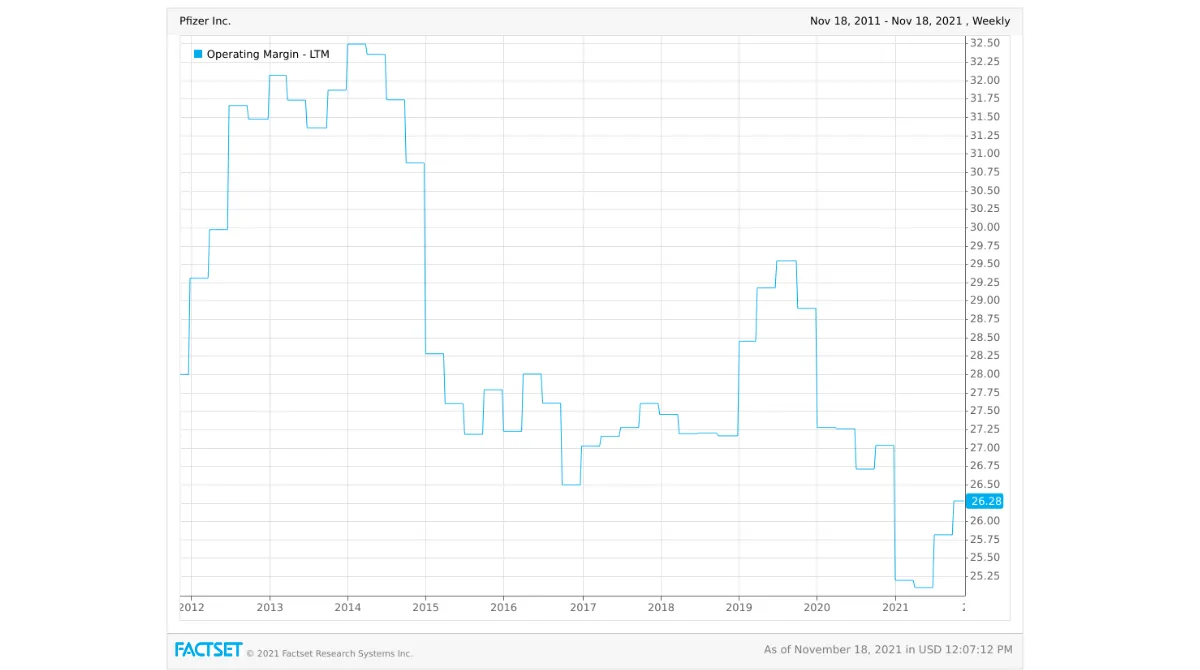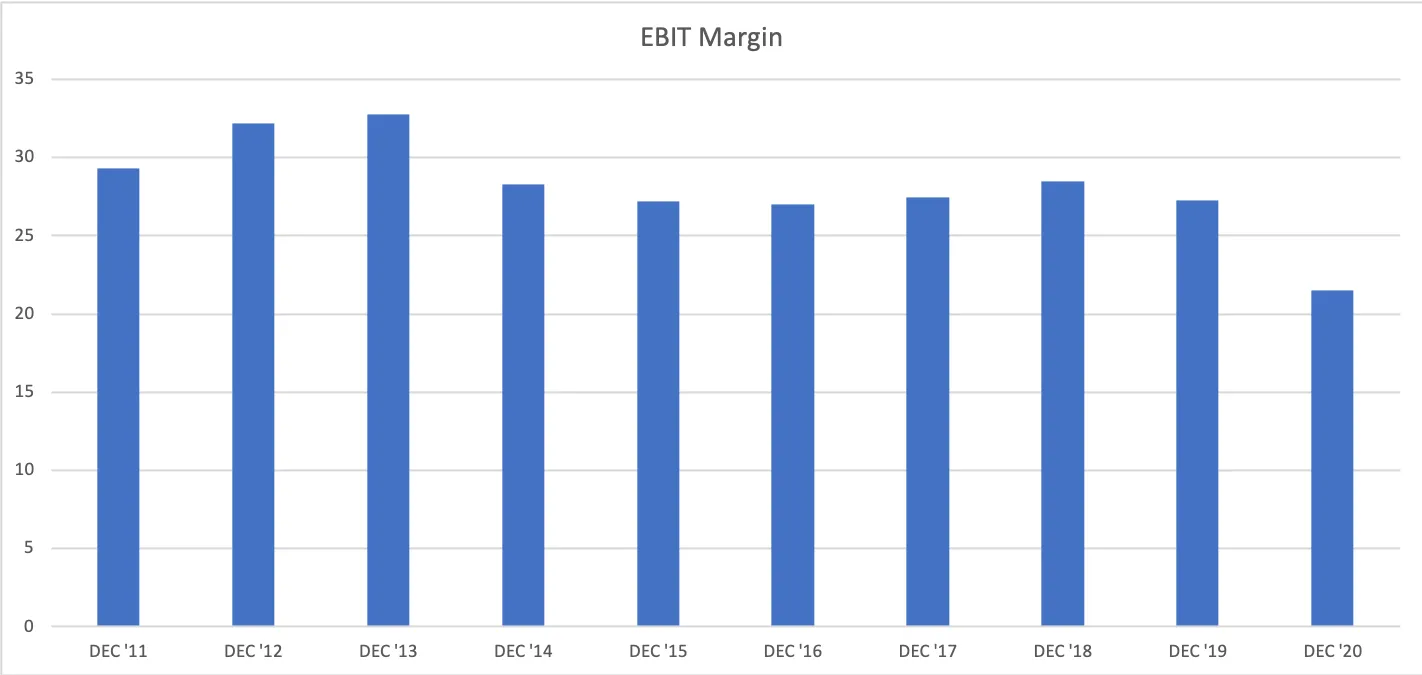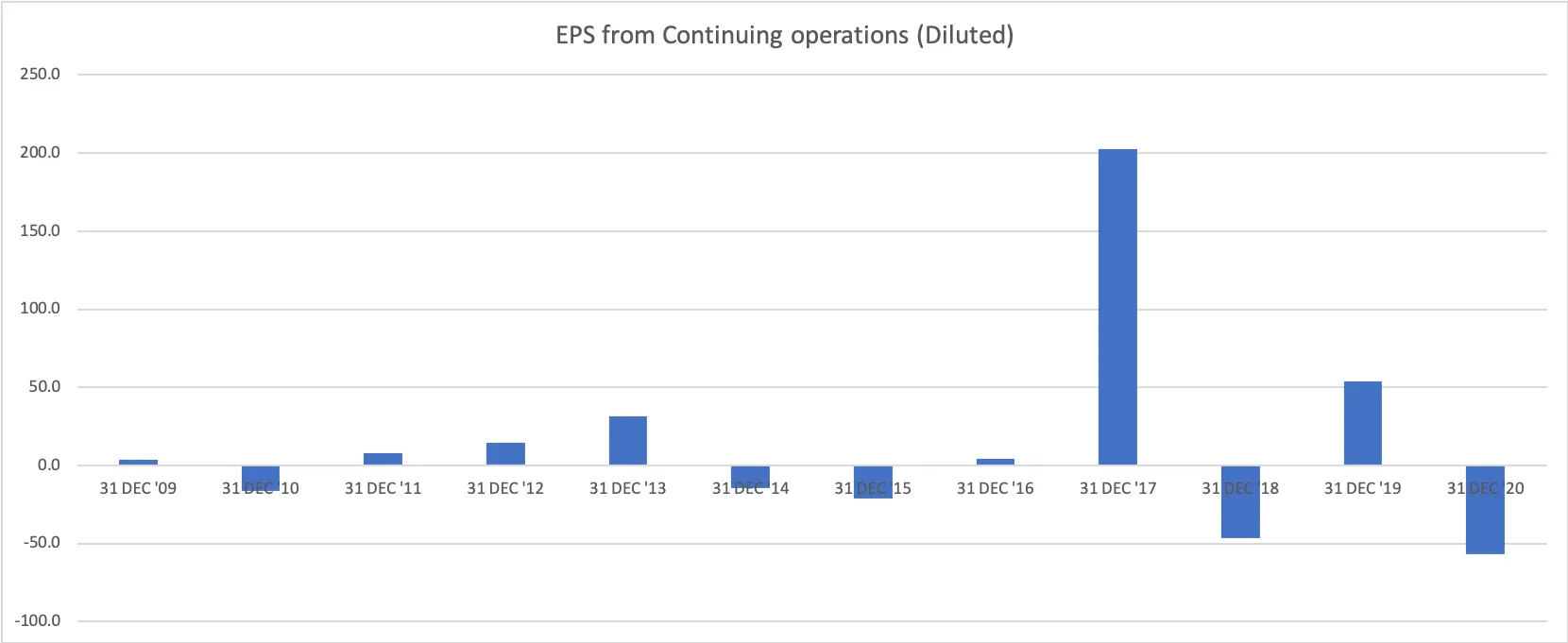The world's rarest and most debilitating diseases can potentially be cured thanks to genomics and gene editing breakthroughs.
And this next-generation wave of technologies and medicines presents a hugely exciting opportunity for investors.
Innovation is hot right now, and the cost of sequencing a human genome has fallen drastically, making it a feasible solution to many modern health problems.
To date, scientists have sequenced around 0.2% of the human genome. Incredibly, this has led them to discover cures for approximately 5% of an estimated 5,000 rare diseases, according to industry estimates.
Therefore, further sequencing is sure to reveal new opportunities for cures and advancements. This is an inspiring growth story to be a part of.
#ARK Invest advocates for genomics investing
Between 1980 and 2000, biotech enjoyed a revolution. This was prompted by the discovery of recombinant DNA technology along with Genentech's 1980 IPO. Genentech became a subsidiary of Roche (SWX: RO) in 2009.
From the turn of the Millennium, the rise of genetics, company consolidations, and less innovation led to a downturn.
Now leading ETF provider, ARK Invest sees a revival in fortunes for the biotech industry, particularly in the genomics space.
Understanding how the human body is constructed on a molecular basis has come on leaps and bounds in recent years. And with it, a reduction in the cost of genome sequencing. Lower prices mean widespread adoption, furthering data collection and analysis.
All this could lead to miracle cures for cancer and many other debilitating illnesses.
#Genetic history and AI mapping
The time will come when an individual's genetic background will be included in their computer health records. Indeed, this has already begun.
A genetic family tree will show genetic mutations in close or distant relatives and predict potential offspring irregularities. Artificial Intelligence (AI) technologies can then diagnose, notify health practitioners and implement a tailored health plan.
AI technologies include deep neural networks and machine learning and are far superior to current medical computer systems.
AI can analyze vast quantities of data from many sources. Plus, it can detect patterns and disease characteristics that humans might miss.
Unlocking the secrets of DNA is paramount to curing diseases and chronic illnesses.
Thanks to breakthroughs in genomics, the approval of new genomic drugs could transform the modern healthcare system to ensure longer, healthier lives and fewer surgeries. This would result in a more robust economy, a happier society, and less economic burden from health.
#Investing in genomics stocks
Some genomics stocks to consider investing in include:
CRISPR Therapeutics (NASDAQ: CRSP)
One of ARK Invest's favorite genomics stocks is Switzerland-based CRISPR Therapeutics. Its proprietary platform, CRISPR/Cas9-based therapeutics, allows for precise and directed changes to genomic DNA.
One of its founders is Emmanuelle Charpentier, who, along with Jennifer Doudna, recently won the Nobel Prize for her breakthrough research on CRISPR technology.

CRISPR stock has endured a volatile year. The CRSP share price is down over 45% year-to-date, although it has risen 320% in the past five years.
#Illumina (NASDAQ: ILMN)
Illumina is a life sciences company making the tools and systems required for large-scale genetic variation and function analysis. It recently re-acquired subsidiary Grail in an $8bn acquisition.
Illumina founded Grail, an early cancer detection specialist, in 2016, then spun it off shortly after but retained a 12% stake.
The fact it was willing to pay such a large sum to re-acquire shows it must see value in Grail and have confidence in its future. Indeed, early detection of cancer is desperately needed. Therefore the potential target market is enormous.
Unfortunately, the Grail acquisition has been fraught with regulatory tension, which has triggered a share price decline in Illumina.

Illumina is a $59bn company with a solid reputation. Its machines and platform are used for COVID-19 variant tracking across 70 countries. And the very first COVID-19 viral sequence was detected on an Illumina machine.
It already screens for early-stage diabetes and high cholesterol, so adding cancer detection is sure to add the opportunity for growth to the company.
In March, the New York Times reported, "According to the Federal Trade Commission, Illumina controls roughly 90 percent of the market for sequencing machines in the US".
Meanwhile, Illumina claims to compile 80% of the world's genomic information.
#Editas Medicine (NASDAQ: EDIT)
Editas is on a mission to repair broken genes. Using CRISPR, it is developing a pipeline of medicines for serious diseases. These include In Vivo Medicines for ocular and neurological disorders and Ex Vivo Cell Medicines for Sickle Cell Disease and Thalassemia. It is also developing Cellular Therapy Medicines.

It will soon be reporting its results in a trial for inherited blindness. It aims to create a cure (EDIT-101) for LCA10, a leading cause of blindness in children with no treatment. If the trial results are positive, the share price is likely to respond well.
Editas, like CRISPR Therapeutics and Intellia, uses Cas9, but it also works with the Cas12a nuclease. It believes this gives it scope to expand the capabilities of CRISPR gene editing greatly.
#Mammoth Biosciences
Co-founded by Jennifer Doudna, Mammoth Biosciences is still a privately funded company. It develops diagnostics and is branching into gene editing medicines.
The biotech start-up is escalating its foray into developing CRISPR cures for disease. It recently raised $150m in a Series D funding round to help it expand. This reportedly values it at over $1bn.
Mammoth Biosciences CTO, Janice Chen said:
"Traditionally, Mammoth has been positioned as a diagnostics company, but really, our vision is much broader than that. We're thinking about CRISPR as a search engine at large."
Mammoth will focus on researching gene editing with CRISPR as a way to modify patients' cells directly inside the body. It aims to target tougher-to-reach disease points.
In early 2021 Mammoth developed a diagnostic test for COVID-19 based on CRISPR.
There is speculation Mammoth may go public via IPO, but so far, nothing has been confirmed.
#ARK Invest Genomic Revolution ETF
ARK Invest offers its Genomic Revolution ETF, which contains between 30 and 50 companies operating in genomics. Their focus includes:
DNA Sequencing
Gene Editing
Gene Therapy
Agricultural Biology
Targeted Therapeutics
Molecular Diagnostics
Bioinformatics
Living Drugs
Investing in healthcare and biotech stocks is notoriously risky. They are hugely speculative and, therefore, volatile. The upside potential is massive when trial results come good, but share prices regularly plunge when results disappoint.
